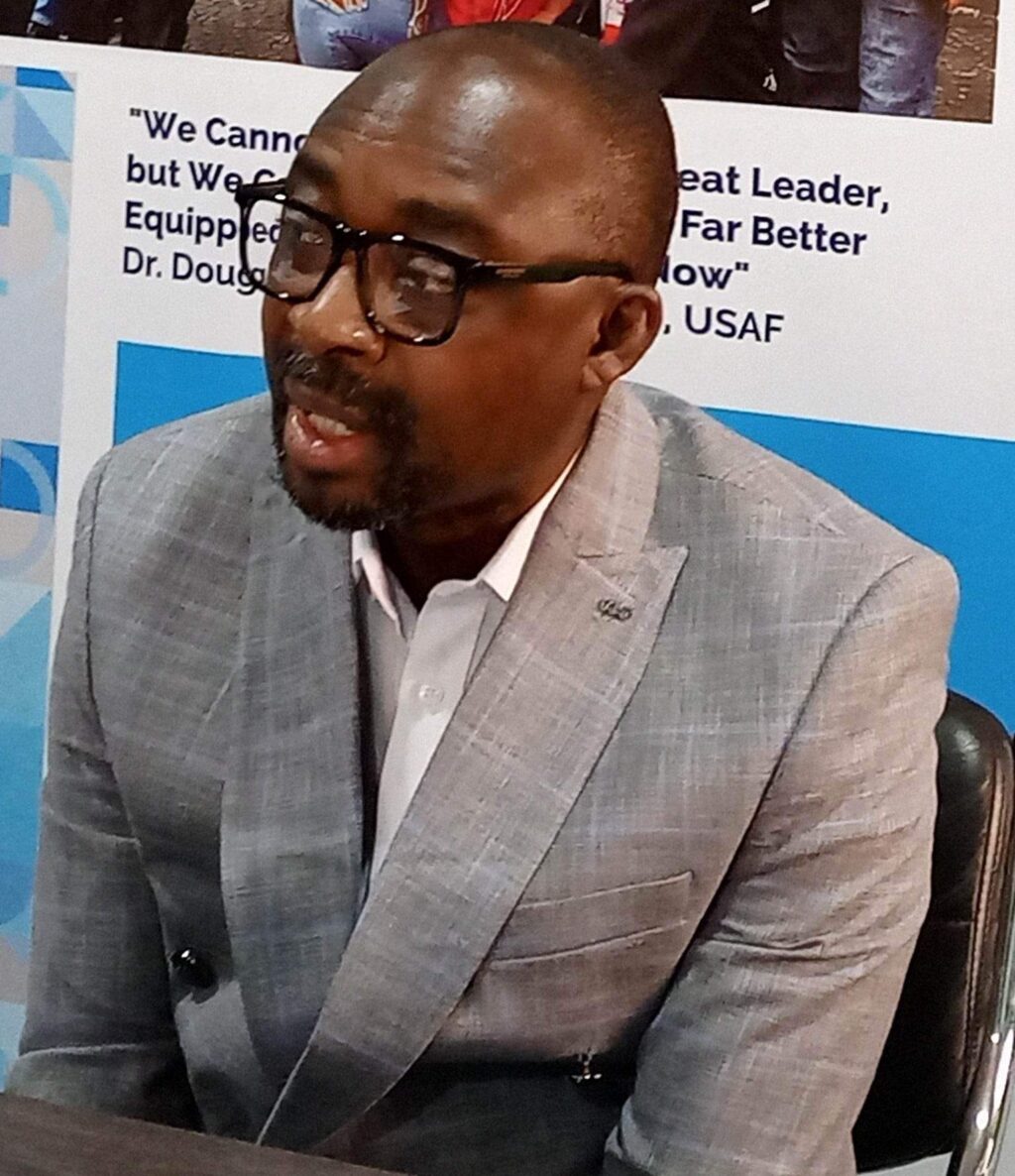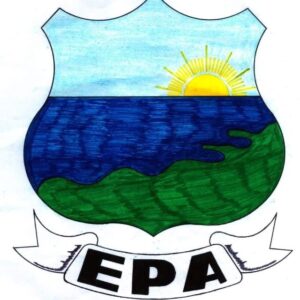“Weak Oversight, Poor Law- Making and Accountability” Naymote Report Describes the National Legislature

By: Laymah Kollie
Paynesvillie- January 11,2023: Naymote Partners for Democratic Development in its second edition of her Legislative Digest reveals keen functions of the National Legislature as weak and poor services offered to the Liberian people.
The first edition published in 2021 covered January 1, 2018 to December 1, 2021 while the second edition covered January 1,2022 to December 31,2022.
The Legislative Digest is an annual publication of Naymote Partners for Democratic
Development that reports on the activities of the Legislature of Liberia. The aim of the Legislative Digest is to foster “Legislative Openness, Responsiveness, and Accountability” in Liberia.
In a press briefing Tuesday, January 10, 2023, Naymote Executive Director, Mr Eddie Jarwolo highlighted decimal performance of the House of Representatives and Senate since 2018 to present.
For 2022 particularly, the assessment found that the Legislature held one hundred sixty-seven (167) sittings of which one hundred and six (106) constituting sixty-three percent (63%) were regular sittings, thirty-six(36) constituting twenty-two percent (22%) were Secret/ Executive sittings, nine (9) constituting five percent(5%) were special sittings and sixteen (16) constituting ten percent(10%) were extraordinary sittings.
For law-making, the report indicates that a total of fifty-three (53) bills passed during the year 2022 by the National Legislature, only twelve (23%) originated from the House of Representatives and six(11%) from the House of Senate with thirty-five of the bills (66%) originating from the Executive.
Moreover, for the past 5years (2018-2022) the Liberian Legislature has passed 182 bills of which forty-three (43) constituting (24%) originated from the lower House and twenty (11%) came from the upper House while one hundred-nineteen (65%) originated from the presidency.
However, the publication of
the first edition of the Legislative Digest exposed the extent of secrecy—marked by the
high number of secret sittings—in the workings of the legislature. The publication triggered calls for more transparency and public engagement in the activities of the legislature, and
this apparently led to the reduction in the number of secret sittings— from 35% in 2021 to 22% in 2022—as a percentage of total sittings. It is worth noting that only the House of Representatives held ‘secret’ sittings in 2022 and the Liberian Senate canceled all ‘secret’ sitting following the publication of the first edition of the Legislative Digest, which recommended the reduction in secret sittings.
In terms of oversight, the assessment could not find any annual report from Ministries of government neither Agencies nor Commissions filed with the Legislature. “It was impossible to access reports of ministries and agencies at the Legislature apparently because the ministries and agencies have not been submitting periodic reports to that body since 2018. This further indicates that the Legislature has been derelict in exercising its oversight responsibilities over the Executive branch” Jarwolo said.
With reference to accountability, the House has underperformed according to Naymote. “As it stands, the National Legislature does not have an official website that report happenings within that sector of government. Additionally, there is no voting records in these houses to indicate which lawmaker voted for or against a certain bill in plenary neither records filled by the house to specify which lawmaker profer a bill and on which date it was passed by the house, making it difficult for citizens to track their elected representatives legislative and voting decisions. Popular demands to audit the financial records of the Legislature have yielded no results. Furthermore, the Legislature over the last 5years budget has amounted to US$228,666,183.00 with no financial report or record to account for usage of this money”.
Meanwhile, Naymote recommended that the legislature implements immediate institutional reforms to strengthen its various oversight committees and establish the appropriate systems for transparency, and accountability including limiting executive/secret sessions to only matters with serious implications for national security and defense as required under the law. Adding that institutions set up a functional website and ensure voting records of members of that body are made public and available to assess the performance of its members.
Naymote further recommended that the Legislature submit herself for a full scale financial and system audit as required of all other public institutions and ensure that ministries, agencies and commissions submit periodic reports that are vetted and made available to the public.
Other recommendations were: that the legislature makes a deliberate effort to support constitutional reforms in support of affirmative action that increases the proportion of women in both houses while strengthening its institutional capacities in exercising oversight, promoting inclusion , and advancing Democracy. Moreover, that the legislature work towards greater transparency and openness, deepen engagement with government ministries and provide greater oversight, accountability, promulgate laws that promote the inclusion and participation of women at the Legislature and other public decision making bodies.
Naymote Partners for Democratic Development is a good governance and research institution
working to advance the principles of democracy, rule of law, and participatory governance in Liberia. The institution believes that a determined and effective civil society is needed to set the
national policy agenda, stimulate sound and healthy grassroots responses to governance issues, and influence the uneven power dynamics that characterize the relationship between Liberia’s citizens and government. Since its establishment in 2001 by student Leaders and activists, the institution has initiated several programs to foster political accountability in an effort to make elected leaders more accessible, responsible, and accountable to the electorates; and to build the capacity of local leaders to be more effective in the delivery of essential government services.



